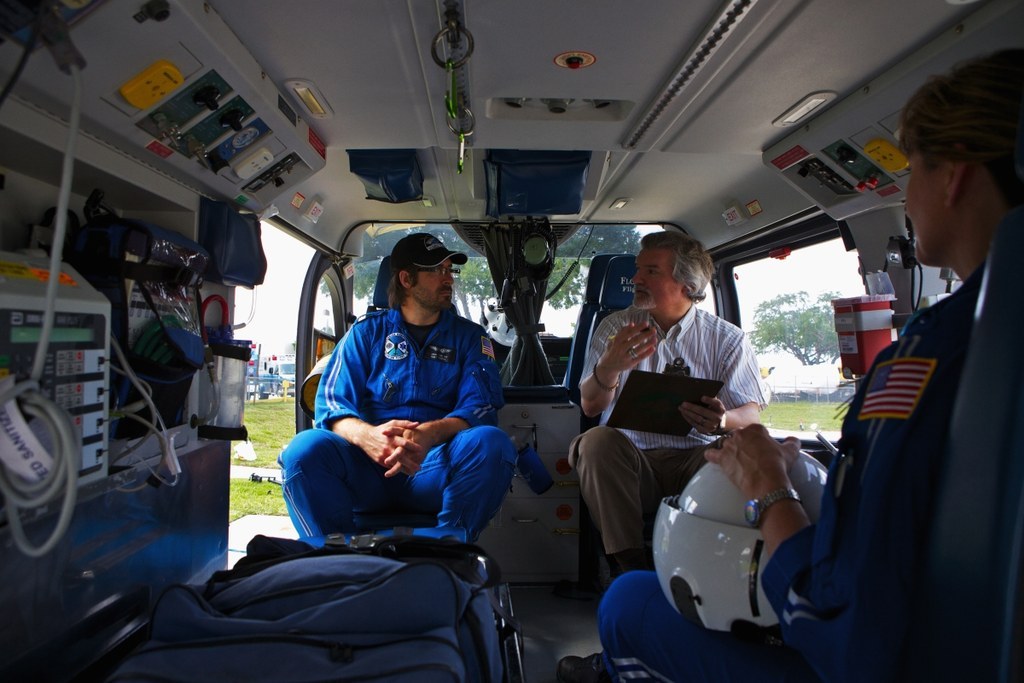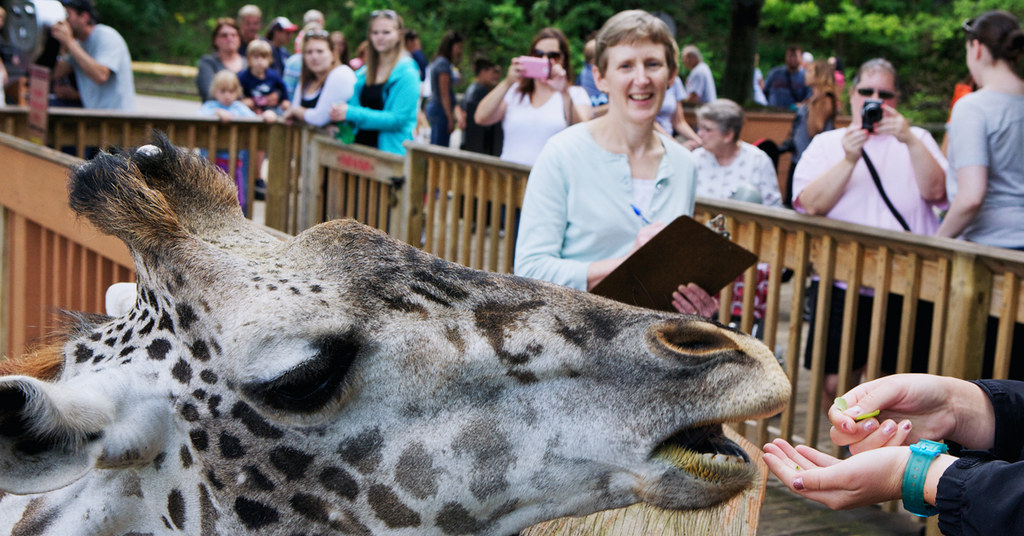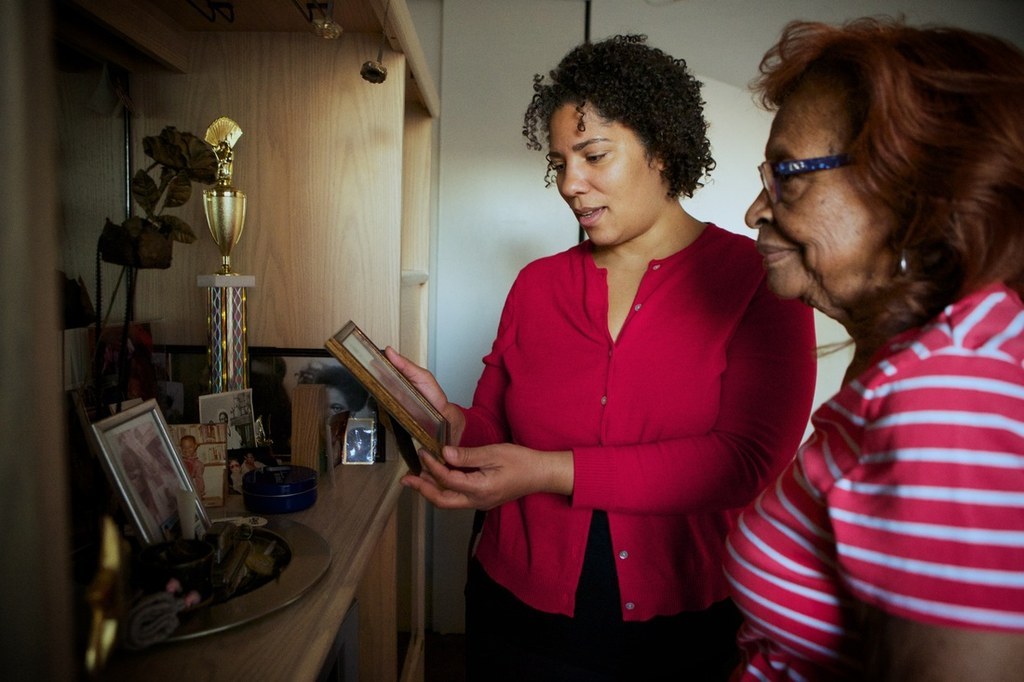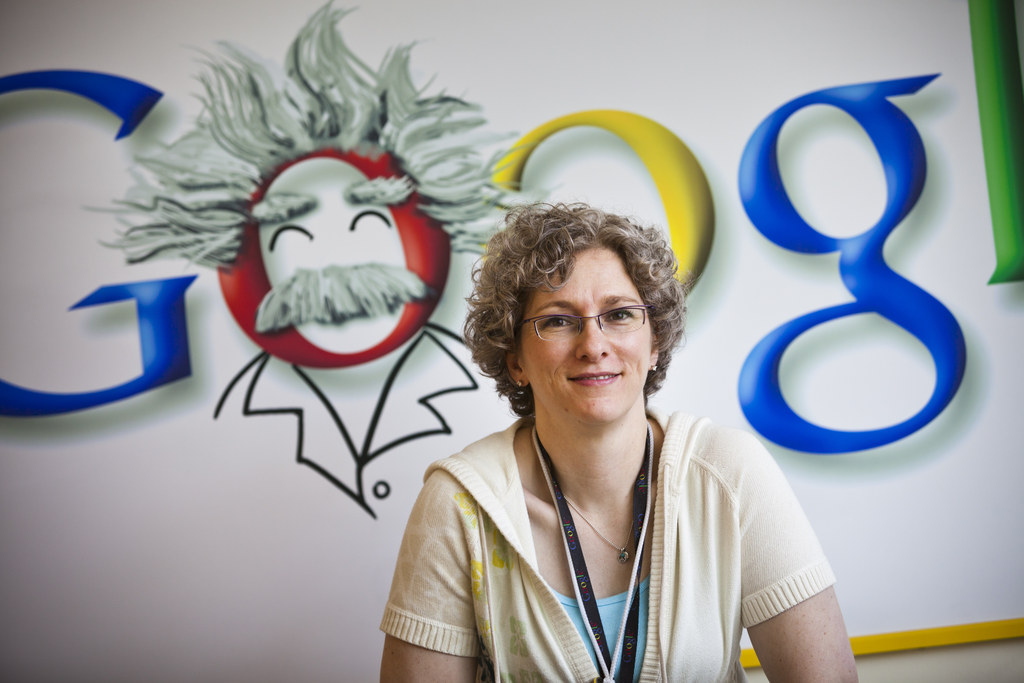1. Performance Psychologist

2. Cognitive Neuroscientist

3. Research Psychologist

4. Industrial/Organizational Psychologist

5. Conservation Psychologist

6. Health Psychologist

7. Neuropsychologist

8. Social Psychologist


